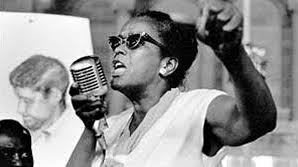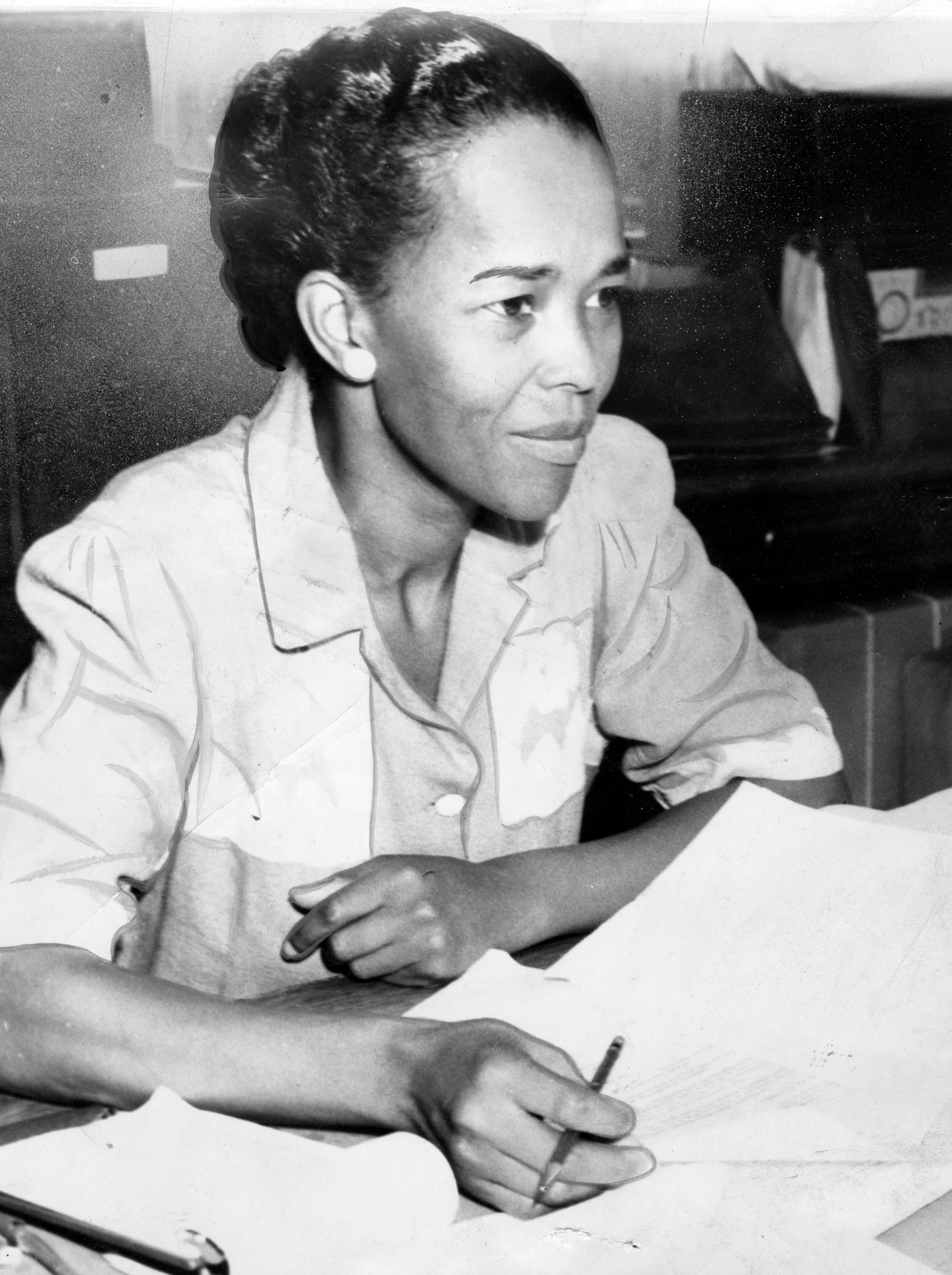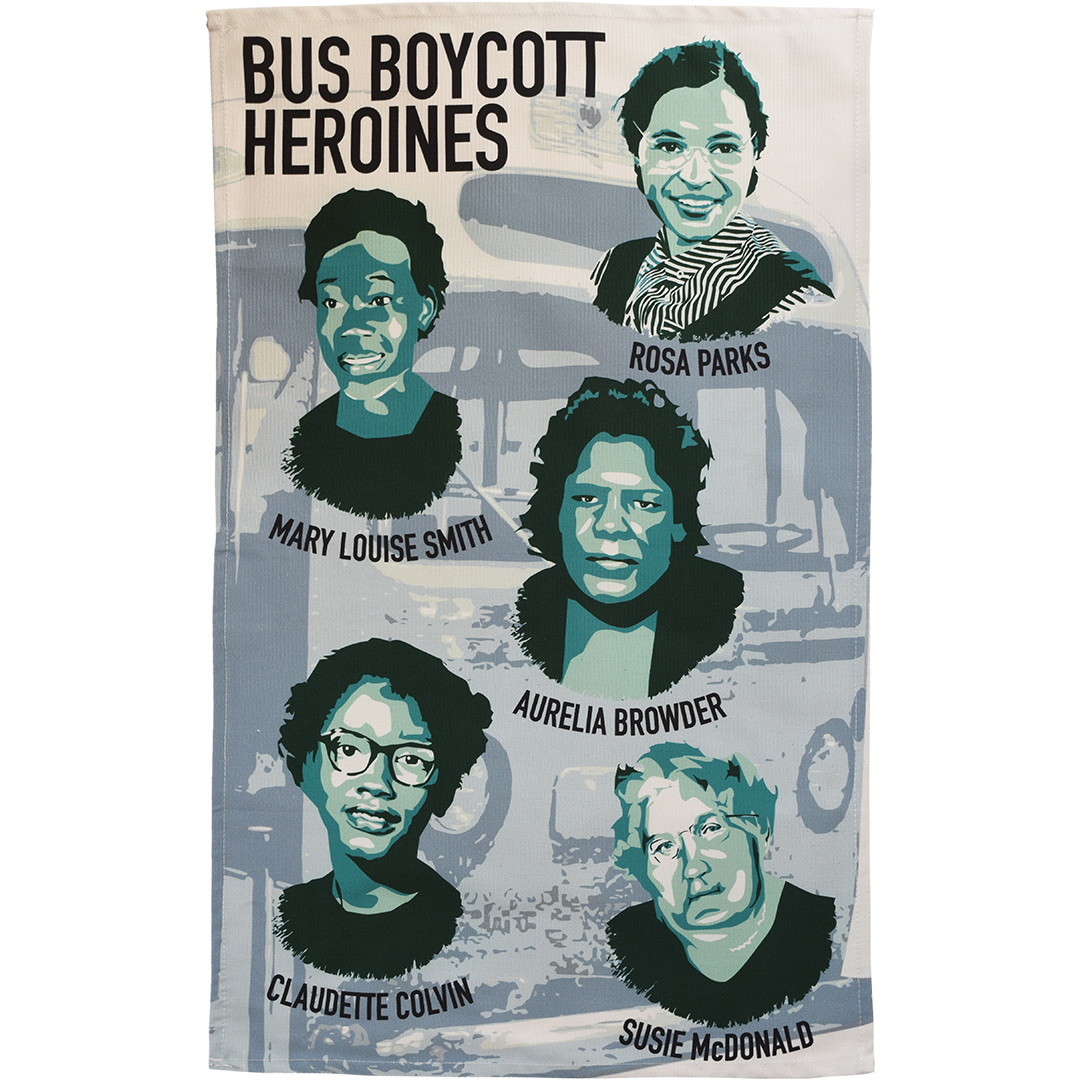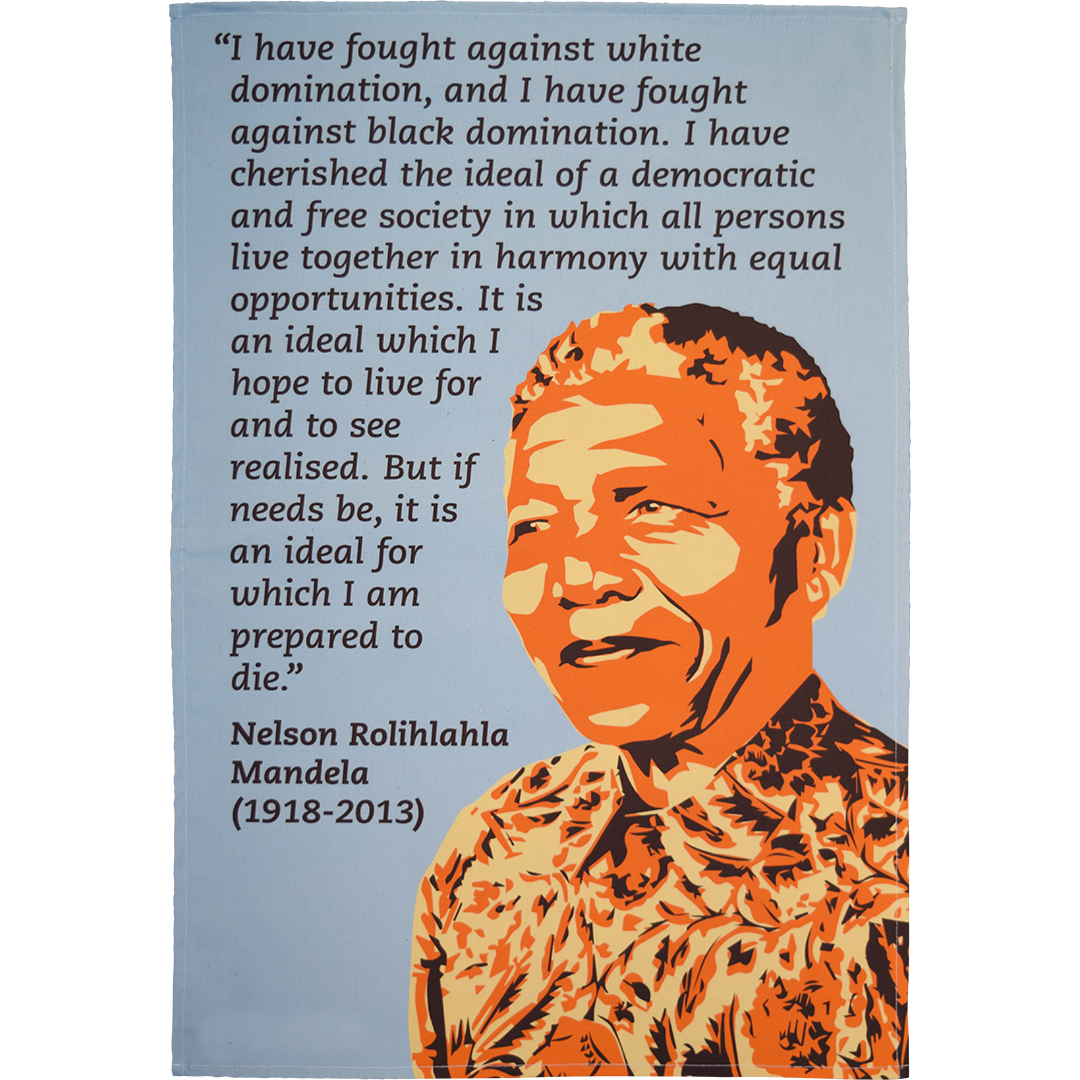You Didn't See Me On Television: The Story of Ella Baker
Posted by Pete on Dec 14th 2023

Born on 13th December in 1903, Ella Baker shunned the limelight and devoted herself to the hard graft of political activism...
“You didn’t see me on television, you didn’t see news stories about me.”
Radical history is often made by people who seek and receive no credit.
Ella Baker, born today in 1903, was perhaps the most important activist in the U.S. black freedom struggle. And there’s a very good chance you’ve never heard of her.
Born in Norfolk, Virginia, Ella Baker was the daughter of black workers and the granddaughter of black slaves.
She was raised on the stories of slavery in the South, and on the experience of continued white terror under Jim Crow. After a white mob rioted against the black community in Norfolk in 1910, Baker’s family moved to North Carolina to escape.
Baker’s personal experience of white supremacy in the U.S. gave her a lifelong will to resist, and to be free.

Born in 1903, Ella Baker played a major role in the struggle for civil rights in the U.S. and across the world
She went on to play a decisive role in almost every struggle for black liberation during the twentieth century.
During the 1930s, Baker was in New York at the time of the
Harlem Renaissance working to build economic and cultural solidarity among the black working class.
She joined the
NAACP in 1938, agitating for civil rights and legal equality throughout the U.S.
And after the
Montgomery Bus Boycott in 1955-56, she was a key figure – along with Martin Luther King and Bayard Rustin – in the formation of the Southern Christian Leadership Conference.
Name a major movement for civil rights in the U.S., there’s a good chance Baker was part of it.
It wasn't just Rosa Parks who refused to give up her seat on the bus: this tea towel celebrates several other black women who played a pivotal role in the Montgomery Bus Boycott
See the Bus Boycott Heroines tea towel
A few years later, in 1960, Baker was also instrumental in the formation of the Student Non-Violent Coordinating Committee (SNCC).
Alongside
Howard Zinn, she became the key, older mentor to the new student wing of the civil rights movement, helping to organise the Freedom Rides during the early Sixties.
Throughout her political career, Baker maintained a broad vision of liberation, not limited to legal equality inside the United States.
She saw working-class liberation as an integral part of black liberation, too, and actively cooperated with American socialists.
In the Cold War context of
Red Scare politics, Baker was always adamant that civil rights organisations like SNCC ought not give in to McCarthyism.
Baker was also a passionate internationalist. Her vision of freedom was not limited to U.S. borders.
In Harlem during the 1930s she joined with other black radicals in defending Ethiopia against a colonial invasion by Fascist Italy.
And in the 1960 and 1970s, Baker was part of Third Worldist organisations which linked the struggle of black citizens inside the United States with campaigns against colonialism abroad.
She supported causes such as Puerto Rican independence from the U.S. and the anti-apartheid movement in South Africa.
Ella Baker devoted the last few years of her life to international struggles like the anti-apartheid movement in South Africa
See the Nelson Mandela tea towel
Across all of her political organising, Ella Baker was adamant about one thing: social movements get their power from the bottom-up.
For Baker, liberation struggles ought to be led by the rank-and-file, not individual, charismatic leaders.
Movements for equality and democracy need to practice what they preach: they need to be equal and democratic. As Baker said:
“My theory is, strong people don’t need strong leaders.”
This was a big reason why Baker was critical of the Southern Christian Leadership Conference and its tendency to give too much authority to talented individuals including Martin Luther King:
“…the movement made Martin, and not Martin the movement.”
Baker always argued that the liberation organisations she worked with should devolve power and leadership to local activists, and should empower groups which tended to be marginalised by traditional society, especially women and young people.
This is also why Ella Baker remains relatively unknown.
She didn’t just talk the talk. She walked the walk, shunning the limelight to do the hard graft of political organising and coalition-building. This is the stuff that radical movements depend on to survive and thrive.
Without people like Ella Baker, there’d be no such thing as radical history.


